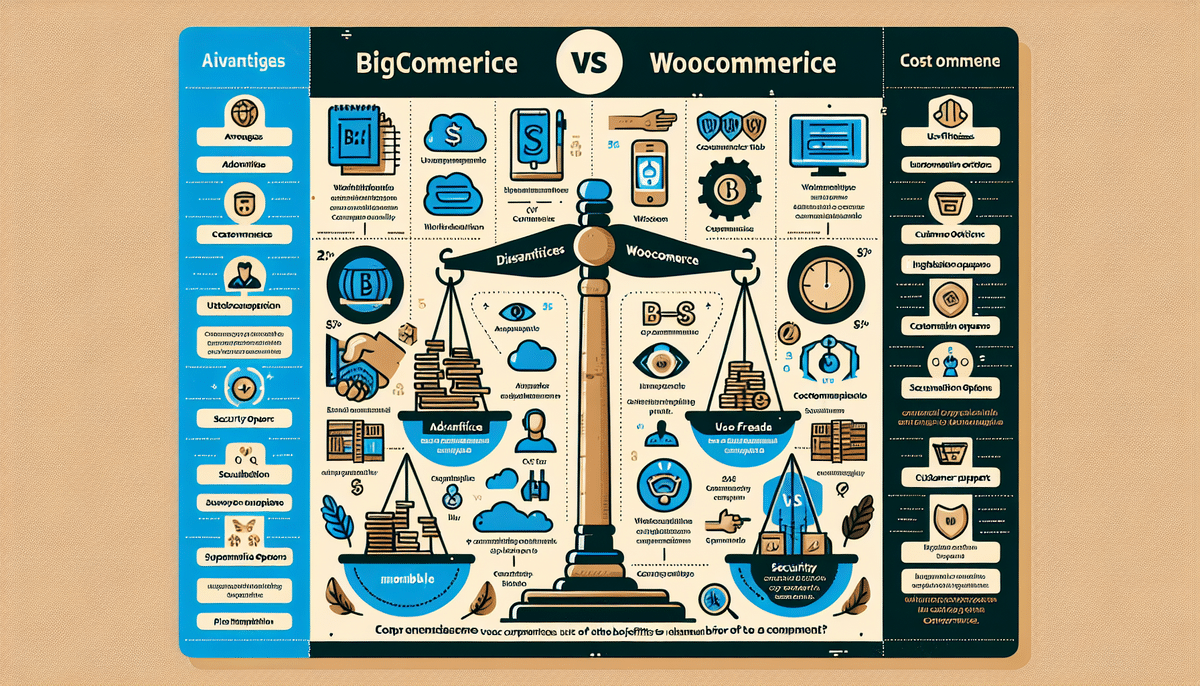Understanding the Importance of Fast Shipping in Ecommerce
In today’s fast-paced economy, customer expectations are continually evolving. Ecommerce businesses must stay ahead of trends to ensure growth and success. One such critical trend is fast shipping. Fast shipping not only helps businesses stand out from competitors but also plays a pivotal role in customer satisfaction and loyalty.
Customer Satisfaction and Loyalty
According to a survey by BigCommerce, 80% of online shoppers consider shipping speed as a critical factor in their purchasing decisions. Fast shipping can significantly enhance customer satisfaction, leading to positive reviews, repeat business, and word-of-mouth referrals. Conversely, slow shipping may result in negative reviews and lost sales.
Competitive Advantage
With the rise of online shopping, customers have an abundance of choices. Businesses that offer fast shipping can differentiate themselves in the crowded ecommerce market. By investing in fast shipping options, companies can attract more customers and maintain a competitive edge.
The Impact of Fast Shipping on Conversion Rates and Cart Abandonment
Delivery time is a crucial factor that influences ecommerce conversion rates and cart abandonment. When customers encounter lengthy delivery times during the checkout process, they are more likely to abandon their carts and seek alternatives with faster shipping options.
Enhancing Conversion Rates
Offering fast shipping options can encourage customers to complete their purchases. Research by Shopify indicates that expedited shipping options can lead to higher average order values, as customers are willing to pay more for quicker delivery.
Reducing Cart Abandonment
Cart abandonment rates can be significantly reduced by providing clear and fast shipping options. According to the Baymard Institute, the average cart abandonment rate is around 69.23%. By offering fast and reliable shipping, businesses can encourage customers to proceed with their purchases rather than abandoning their carts.
Implementing an Effective Fast Shipping Strategy
To successfully incorporate fast shipping into your ecommerce business, it's essential to develop a well-thought-out strategy. Here are the key steps to implement an effective fast shipping strategy:
1. Choose Reliable Shipping Partners
Select shipping partners that can offer the fastest and most reliable delivery times. Evaluate their delivery performance, shipping rates, and coverage areas to ensure they meet your business needs.
2. Optimize Order Fulfillment Processes
Streamline your order fulfillment process to minimize handling time and ensure timely dispatch. Implementing automated systems and efficient inventory management can help achieve this.
3. Offer Multiple Shipping Options
Cater to diverse customer needs by providing various shipping options, including standard, expedited, and same-day delivery. This flexibility can enhance customer satisfaction and increase conversion rates.
4. Implement Shipment Tracking
Offering shipment tracking allows customers to monitor the progress of their orders. This transparency builds trust and provides peace of mind, improving the overall shopping experience.
5. Communicate Clearly
Ensure that your shipping policies and delivery estimates are clearly communicated on your website and product pages. Clear communication helps manage customer expectations and reduces the likelihood of dissatisfaction.
Enhancing Customer Experience with Advanced Shipping Solutions
Providing fast shipping is not just about speed; it's also about enhancing the overall customer experience. Advanced shipping solutions can play a significant role in achieving this.
Personalized Delivery Options
Offering personalized delivery options based on customer preferences can greatly enhance the shopping experience. Options such as specific delivery time slots or preferred delivery locations can make the process more convenient for customers.
Accurate Shipment Tracking
Implementing accurate and real-time shipment tracking systems allows customers to stay informed about their order status. This level of transparency can increase trust and satisfaction.
Quality Packaging
Ensuring that products are packaged securely and professionally not only protects the items during transit but also enhances the unboxing experience for customers.
Measuring the Success of Your Fast Shipping Strategy
To ensure that your fast shipping strategy is effective, it’s essential to measure its performance using key metrics.
Return on Investment (ROI)
Analyze the costs associated with fast shipping against the benefits, such as increased sales and customer retention. This cost-benefit analysis will help determine the profitability of your shipping strategy.
Customer Satisfaction Rates
Monitor customer feedback and satisfaction rates to gauge the impact of your shipping practices. Tools like customer surveys and reviews can provide valuable insights.
Sales and Revenue Metrics
Track changes in sales volume, revenue, and average order value to assess how fast shipping influences your business’s financial performance.
Future Trends and Innovations in Fast Shipping
The landscape of ecommerce shipping is continually evolving, with new technologies and innovations on the horizon.
Drone Delivery
Drone delivery is emerging as a promising solution for ultra-fast shipping, especially in urban areas. Companies like Amazon are exploring drone technology to reduce delivery times significantly.
Autonomous Vehicles
Autonomous delivery vehicles are being tested to enhance the efficiency and reliability of shipping services. These vehicles can operate around the clock, ensuring faster and more consistent deliveries.
Local Fulfillment Centers
Establishing local fulfillment centers closer to major customer bases can drastically reduce delivery times. This strategy not only speeds up shipping but also reduces transportation costs.
Overcoming Challenges in Fast Shipping Implementation
Implementing a fast shipping strategy comes with its set of challenges. Addressing these proactively can ensure the success of your shipping initiatives.
Managing Shipping Costs
Fast shipping can be expensive. Balancing the cost with the benefits is crucial. Consider strategies like offering free shipping for orders above a certain amount or for loyal customers to make fast shipping more affordable.
Ensuring Reliability
Partnering with reliable shipping companies is essential to maintain consistent delivery times. Reliability builds trust with customers and reduces the likelihood of delays and damaged goods.
Handling Operational Efficiencies
Optimizing your internal processes to handle increased shipping demands is vital. Investing in technology and training can enhance operational efficiency and support fast shipping goals.
Conclusion
Fast shipping is a critical component for the growth and success of ecommerce businesses. By offering quick and reliable delivery options, businesses can attract more customers, enhance satisfaction, and boost conversion rates. Implementing an effective fast shipping strategy involves choosing the right shipping partners, optimizing fulfillment processes, and continuously measuring performance. As the ecommerce landscape evolves, embracing innovations in shipping will ensure that businesses remain competitive and meet the ever-changing expectations of their customers.






















